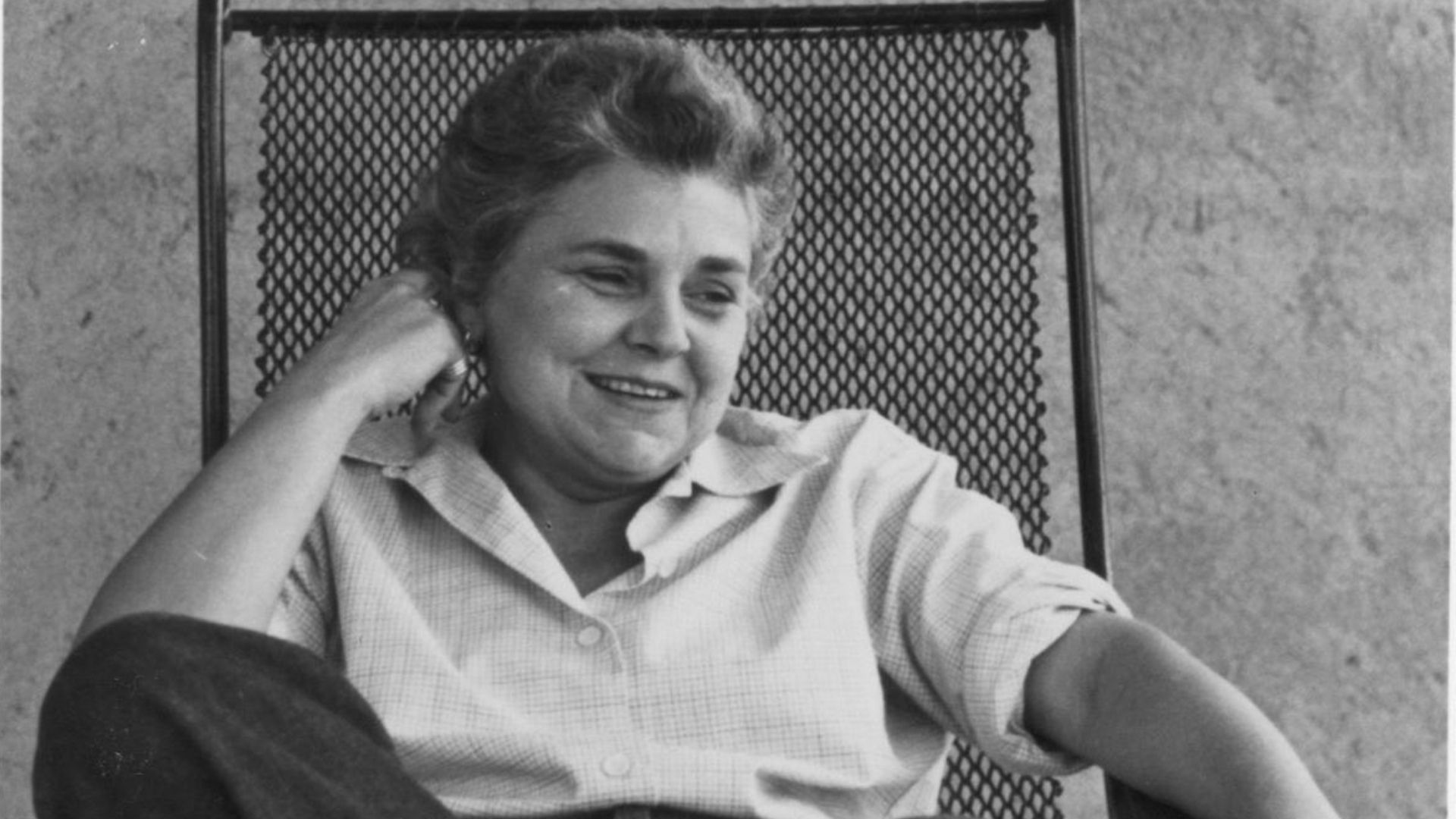Sestina Poem by Elizabeth Bishop
Sestina
September rain falls on the house.
In the failing light, the old grandmother
sits in the kitchen with the child
beside the Little Marvel Stove,
reading the jokes from the almanac,
laughing and talking to hide her tears.
She thinks that her equinoctial tears
and the rain that beats on the roof of the house
were both foretold by the almanac,
but only known to a grandmother.
The iron kettle sings on the stove.
She cuts some bread and says to the child,
It's time for tea now; but the child
is watching the teakettle's small hard tears
dance like mad on the hot black stove,
the way the rain must dance on the house.
Tidying up, the old grandmother
hangs up the clever almanac
on its string. Birdlike, the almanac
hovers half open above the child,
hovers above the old grandmother
and her teacup full of dark brown tears.
She shivers and says she thinks the house
feels chilly, and puts more wood in the stove.
It was to be, says the Marvel Stove.
I know what I know, says the almanac.
With crayons the child draws a rigid house
and a winding pathway. Then the child
puts in a man with buttons like tears
and shows it proudly to the grandmother.
But secretly, while the grandmother
busies herself about the stove,
the little moons fall down like tears
from between the pages of the almanac
into the flower bed the child
has carefully placed in the front of the house.
Time to plant tears, says the almanac.
The grandmother sings to the marvelous stove
and the child draws another inscrutable house.
I think: That the repeating pattern of the words: almanac, stove, house, child, tears, grandmother, suggest that the grand mother and the child are left alone, trapped in a continuous vicious annual circle. the tears suggest the tragic absence of the parents and the grandfather and perhaps the coming death of the grandmother. The last three lines which end with almanac, stove, house, suggest that the only thing that will survive is the house the almanac and the stove - the tears here are symbolical and stand for the more general mourn about the human mortality,
It appears to me that the man in the boy's drawing is the grandfather. Since the grandfather does not have a role in the poem, one can assume that the grandfather has passed away. So as to avoid any feelings of pain, the grandmother busies herself about the stove. The poem even states that the laughing and talking have the purpose of hiding the grandmother's tears.
Time to plant tears, says the almanac. The grandmother sings to the marvelous stove and the child draws another inscrutable house. very fine poem. tony
This is good I just cant do this i am just going to use this as something to learn from and right my own with
Yo That’s weird (I had to enter 20 characters so I’m just doin this lol)
This poem has not been translated into any other language yet.
I would like to translate this poem
If people only understood the challenges and difficulty of writing a sestina poem then the rating for this great poem would be higher. It is one of the ost difficult structured poems that I have ever attempted.